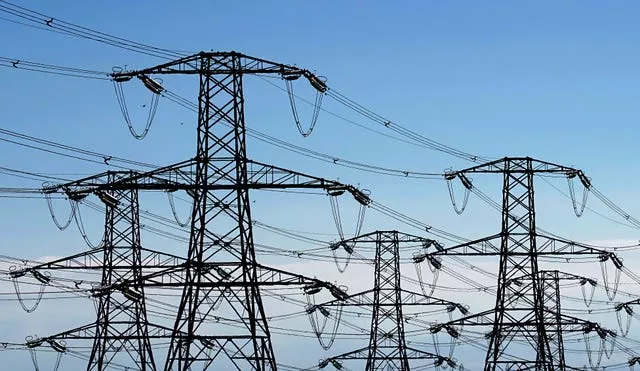Proceeds from windfall profits of energy companies may not be enough to fund another €200 energy credit, Minister for the Environment Eamon Ryan has said.
The Government is to decide in the Budget how it will use up to €600 million from such windfall profits to lower prices for consumers.
It has approved the general scheme of legislation to implement a “temporary solidarity contribution” and a cap on market revenues to address windfall gains in the energy sector.
The Government expects to raise between 280 and 600 million euro through these mechanisms, following a Council of the European Union regulation on an emergency intervention to address high energy prices which came into effect on October 6th.
“It will be recycled as part of helping households in their electricity bills,” Mr Ryan said.
Today we approved the introduction of a windfall tax which is estimated to collect €280- €600 million. This is in response to our recognition that some fossil fuel companies & electricity generators have made additional profits on the back of the war of Ukraine.
— Eamon Ryan (@EamonRyan) March 21, 2023
The temporary solidarity contribution is based on taxable profits from 2022 and 2023 in the fossil fuel production and refining sectors, while the cap on market revenues applies from December 2022 to June 2023.
The contribution is based on 75 per cent of taxable profits which are more than 20 per cent above the baseline for the period of 2018-2021.
Proceeds from these measures will be collected in September of this year and next year.
The proceeds from the cap on market revenues must be used to lower prices for electricity consumers, while proceeds from the solidarity contribution can be used in a variety of ways as determined by Government.
These include financially supporting energy consumers, reducing energy consumption or promoting investments in renewable energy.
Mr Ryan said this provided flexibility in terms of an energy transition for businesses.

He said the full amount gained will not be known until the autumn and a use for the proceeds will be decided in the next Budget.
“So it will be a part of the Budget process. It will give us more flexibility and capability to consider in the Budget what further measures we need to make,” he said.
Mr Ryan said energy credits would also be reviewed.
He cautioned that each of the previous €200 energy credits to consumers cost approximately 400 million euro.
He said the revenue from the market cap in itself “may not be able to fund that sort of response”.
Asked if it was legally sound to backdate taxes through these measures, Mr Ryan said it was “unusual” but the measure was “extraordinary”.
“The whole measure is an extraordinary measure in response to an extraordinary energy crisis. It comes from the European Union policy decision.
“That decision has been challenged in the courts by the likes of Exxon Mobil so that will be played out or worked out with the European Court of Justice.

But we believe the legislation we’ve introduced is strong, is appropriate, is balanced and delivers on the objectives.
“It’s not attacking any one company or looking to unfairly take revenues from them.
“It’s looking to take some of the excess profits, which was not because of any of their activities, but because of what (Russian President) Vladimir Putin is doing and I think that’s an appropriate and legal response.”







